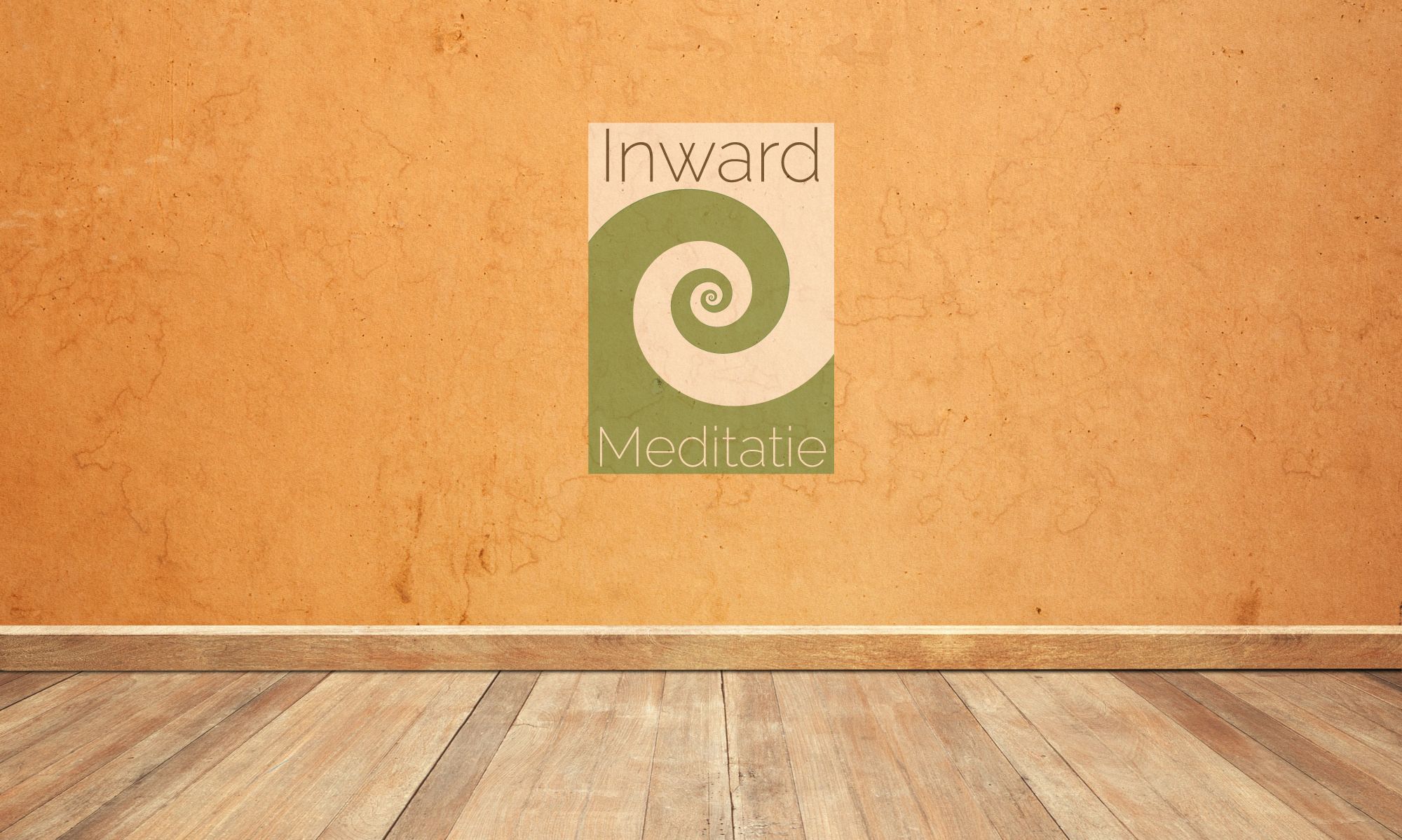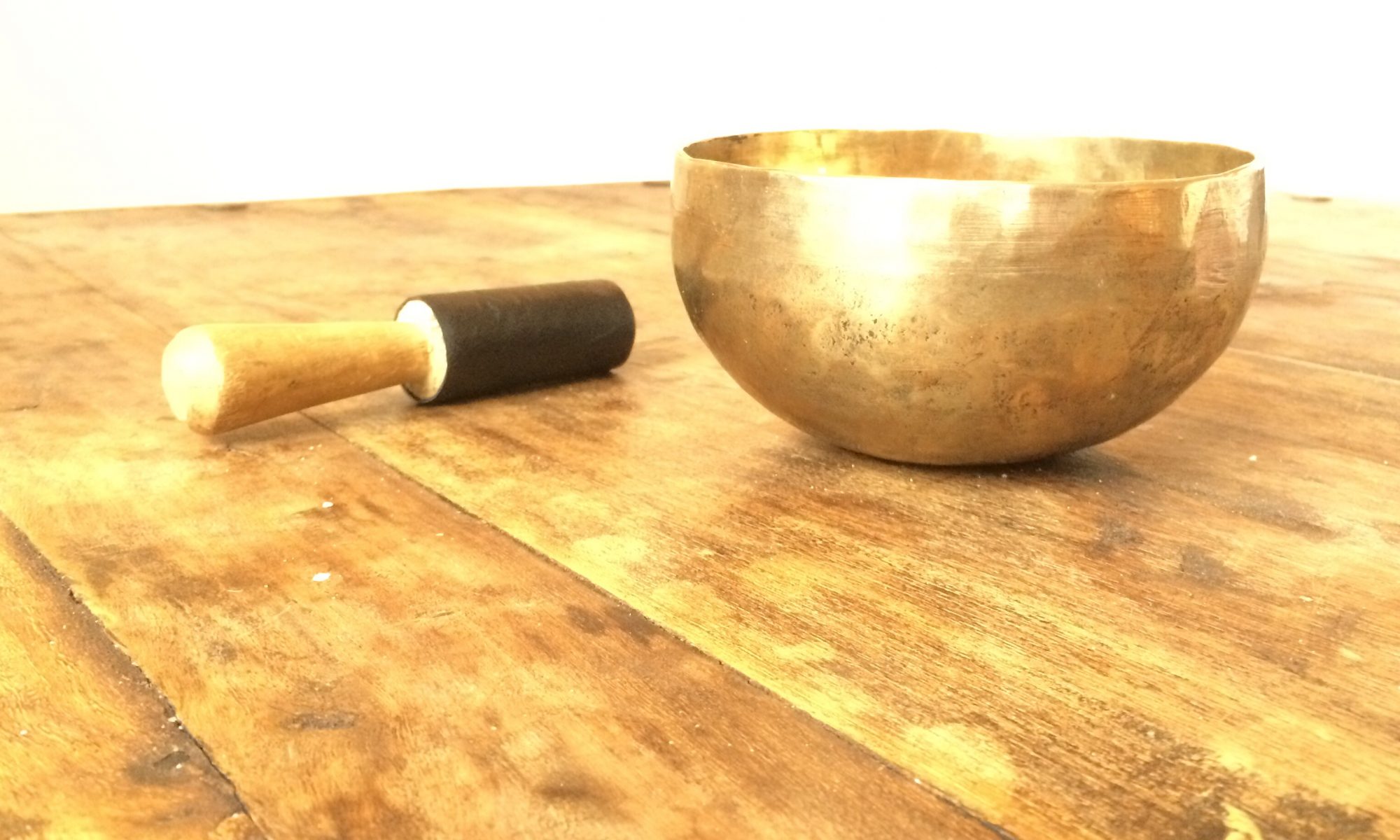The mystics of the world have known it for millennia: ordinary consensus reality is not all there is.
Whether they meditated their way to a spiritual opening or selflessly devoted their lives to the service of this one thing that’s bigger than themselves. Whether they stumbled across it haphazardly or deliberately set out in search for it.
Whether they subsequently taught their techniques to others or chose to keep their experiences private, their lives were enriched to the point that ordinary, day-to-day worries were rendered irrelevant as a (renewed) connection was made to the mysteries surrounding our existence, leading to states of expansive joy, love and general well-being.
I’m hardly the first person to point out the similarities between these accounts of mystical experiences and those of the psychedelic counter-culture that keeps going strong, even in the face of strict legislation forbidding the use of psychedelic substances.
- Both speak of unitive experiences, where oneness with “the universe”, “god” or nature is experienced first-hand.
- Both report transcendence of normal space and time.
- Both emphasize the symbolic death of the ego and a rebirth as an integral part of some cosmic continuum.
- Both insist that it is impossible to accurately describe the experience itself, as language does not appear to suffice.
- Both describe that knowledge was imparted about higher order phenomena, such as the nature of time, space or reality itself, and that it somehow seems more real than their everyday waking reality.
- Both talk about how good the experience felt, and sometimes still feels, with feelings of peace and joy pervading the entire person.
And as for the results of such an experience for an individual’s life, they too line up beautifully.
- Most people talk about the need to take the time to properly integrate their experience.
- Having done so, they report permanently changed attitudes towards themselves and others.
- Many people count the experience among the most important of their lives.
- There frequently is an increased sense of belonging, of being at peace with themselves and their place in the universe.
- Losing the fear of death is also frequently reported, as is an increased sense of awe, gratitude and acceptance.
So, all these effects can be obtained in roughly three ways: spontaneously, through some spiritual practice or through the administration of a psychoactive substance.
If this is true, which I believe to be the case, this has important implications for a number of human endeavours.
The Relevance of the Availability of Mystical States for Current-Day Religion
For what is religion without the (borrowed) experience of God? Most religions have been founded by mystics, claiming direct communion of some kind with the divine. This communion is then taken to be a divine blessing, giving them (and their properly solemn replacements) carte blanche to legislate almost anything pertaining to the world of man. It’s the ultimate “because I said so”.
But what if spiritual experiences are far more accessible than we normally think? What if everyone can experience this direct communion with the divine, right here right now, through the administration of some substance? What if our minds are just naturally capable of such experiences?
Why then would we – why would anyone – follow second-hand ethics and by-laws dreamt up by dour men in flowing robes? Why would anyone feel the need to follow any rules that do not spring from their own gnosis of the true nature of god, the universe or nature?
And why wouldn’t religious people welcome the chance to experience their godhead head-on? Why would religious authorities condemn the very experience that founded their religions?
The Lessons of the Availability of Mystical States for the Treatment of Mental Illness
And what of psychotics? Sometimes, something goes wrong on the way to a spiritual experience. The three above-mentioned ways in which to obtain a mystical experience can indeed backfire. Earnest spiritual seeking can on occasion land a person in the Dark Night of the Soul, a term coined by 16th century Catholic mystic St John of the Cross. And, of course, trips can go “bad”, sometimes even leading to a psychotic-light condition called Hallucinogen Persisting Perception Disorder.
Why couldn’t spontaneous mystical experiences end up in the same sort of territory?
We might view a psychotic person’s suffering as an inchoate spiritual opening that needs only to be properly canalized. Just as one can suffer from spiritual sickness on the spiritual path – or indeed experience a bad trip – could a psychosis not simply be a spontaneous spiritual emergence in need of a course correction?
In the same way that a bad trip can be easily rectified by an experienced and committed trip guide, shouldn’t our therapeutic approach toward psychosis come from a place of love and acceptance, gently guiding the psychotic person towards an attitude of “going through” his experience, and of “just letting it happen” instead of fighting it to appear “normal”? Instead of simply medicating psychosis and suppressing its symptoms, leading to sometimes unbearable quality of life and abandoning the person in a terrible limbo.
Perhaps, lessons can be gleaned from the witnessing consciousness that is developed in Buddhist meditation, from the utter acceptance of one’s personal processes that is inherent in the positive psychology movement and in the works of transpersonal therapists who maintain a broader outlook as to the relevant maps that describe these inner landscapes.
And perhaps, it is not just psychosis treatment that is in need of substantial overhaul. Perhaps addictions to alcohol and drugs can be more adequately explained from a spiritual perspective. Where is the addict trying to go? In using, what experience is he or she seeking? Why does the experience of “rock bottom” hold such specific therapeutic power? Perhaps the drug-of-choice is merely a misguided way in which the person tries to find transcendence.
I’m the first person to admit that I’m not a psychiatrist. Nor am I practicing anything with any of the groups mentioned. Nevertheless, especially in this age of symptom-oriented Cognitive Behavioral Therapy, I think we should take a fresh and careful look at the way we approach these people.
The Implications of Self-Induced Mystical States for the Legal Prohibition of Psychedelics Use
Seeing how mystical states and their aftermaths are among humanity’s most sought-after experiences – and have been for the better part of recorded history – it behooves us to reconsider the blanket prohibition that has legally precluded their use. At this time, I do not advocate full legalization as I think many people consume mind-altering substances all too easily nowadays. It is my firm conviction that the unprepared and uninformed use of these powerful psychedelic substances is the main contributor to the likelihood of a bad trip, not to mention the mayhem that can ensue when people freak out in public.
I would like to see a situation where the informed and respectful use of these compounds is being regulated. One of the arenas might be in mental health care, where indeed somewhat of a renaissance is going on in terms of psychedelic research. Another situation could be the guided exploration of these inner landscapes under the watchful and gentle eye of a seasoned professional, who is familiar with the non-ordinary states of consciousness, the best practices and relevant concepts and who has a genuine desire to further the cause of this genuinely human phenomenon.
I envision contemporary rites of passage, where young people can come of age, spiritually as well as physically and where people can explore whatever mystical territory they want to explore. I envision contemporary versions of the Greek and Roman mystery cults, so sadly destroyed by young Christianity. I envision a true return to the roots of our shamanic past, in the midst of our global village.
Perhaps that way, we can learn what makes life worth living at an early age as opposed to when we’re close to death. Perhaps that way, we can learn how to curb our excesses of greed, lust and violence in return for a greater sense of ease in the world. Perhaps, that way, our children can learn to live closer to themselves and their surroundings, instead of seeing both humans, animals and the planet simply as resources to be exploited.
My vision for such places would be that they educate the individual in all the ways that are currently left mostly blank. Who are you, really? How can a person stay sane in a highly demanding world? What are the stages of ego-development, and how do they correlate with happiness? In addition to limited, responsible and controlled use of psychedelic substances, how can you make the most of your encounters with your inner landscapes? How do you best integrate these experiences?
There are probably many many implications to the availability of mystical states that I haven’t touched upon. Do you have a comment, a question, or want to share your own viewpoint on this matter? Please feel free to comment below.

